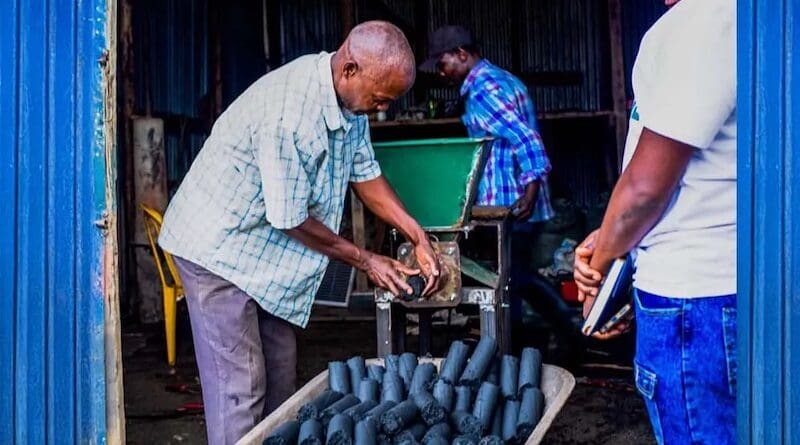TikTok has removed more than 450,000 videos in Kenya for breaking its rules, according to its first-ever content moderation compliance report released this week.
The social media giant said the videos violated community guidelines, which are rules that protect users from harmful or inappropriate content. These include things like hate speech, fake news, nudity, bullying, violence, and dangerous challenges.
TikTok explained that the removed content involved:
Misinformation about health and politics
Videos promoting violence or self-harm
Content involving exploitation, hate speech, or harassment
Posts that targeted children or vulnerable groups
The platform said it uses a mix of AI tools and human moderators to review videos, and many were taken down before they could go viral or receive too many views.
Kenya has become one of TikTok’s fastest-growing markets in Africa, especially among young people. But this growth has come with concerns about the platform’s safety, especially after cases of:
Minors being exposed to graphic or harmful content
Use of TikTok for scams and illegal promotions
Mental health risks caused by some viral trends
In response, the Kenyan government has recently demanded more accountability from social media platforms, including stronger age verification systems and local content monitoring offices.
TikTok says it’s increasing efforts to comply with Kenyan laws by:
Hiring more local content moderators
Partnering with civil society groups and fact-checkers
Launching education campaigns about online safety
Making it easier for users to report harmful videos
“We are committed to keeping TikTok safe and inclusive for Kenyan users,” the company said in the report.
Globally, TikTok has faced pressure from governments and watchdogs over data privacy, content safety, and foreign influence. Kenya’s case shows how regional policies are becoming more important in regulating Big Tech platforms.
Other African countries like Nigeria, South Africa, and Egypt are watching closely and may also demand similar actions from TikTok and other social apps.



